Islamic But Secular: These Muslim Majority Countries In The World Follow Inclusive Governance Model
)
Turkey is perhaps the most well-known example of a Muslim-majority country with a secular governance model. The Turkish Constitution explicitly defines the country as a secular state, and since the founding of the Republic of Turkey, religion has been separated from state affairs. Religious influence in governance was minimized through reforms that abolished the caliphate, introduced Western-style legal codes, and removed Islam as the state religion. While Turkey remains officially secular, there has been a significant resurgence of religious influence in politics under the ruling AK Party led by President Recep Tayyip Erdogan. This has caused some tension between secularists and religious conservatives in the country. (Pic: Freepik)
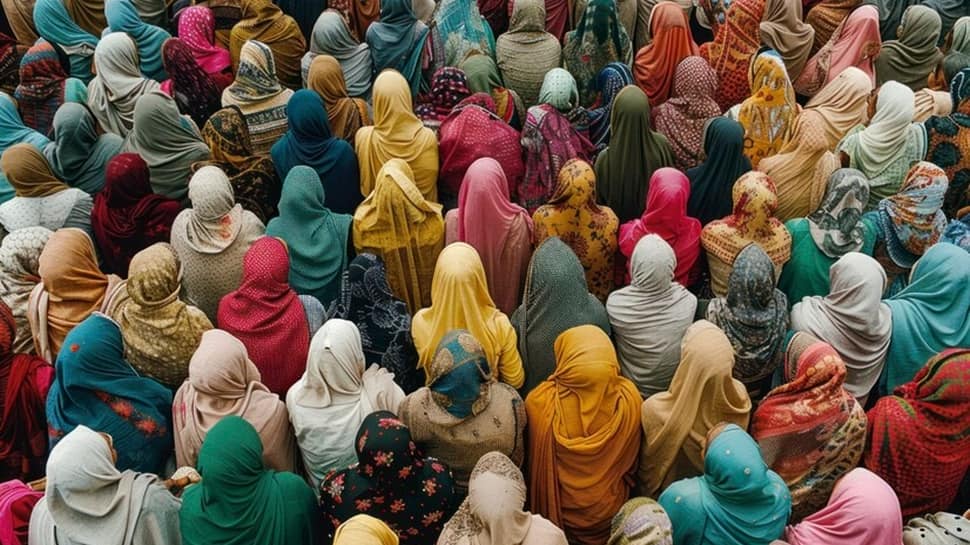
Kazakhstan, with a Muslim-majority population, maintains a secular constitution. The government promotes a secular national identity and exercises tight control over religious activities to prevent extremism. Religious political parties are banned, and while Islam plays a significant cultural role, it is kept separate from governance. (Pic: Freepik)
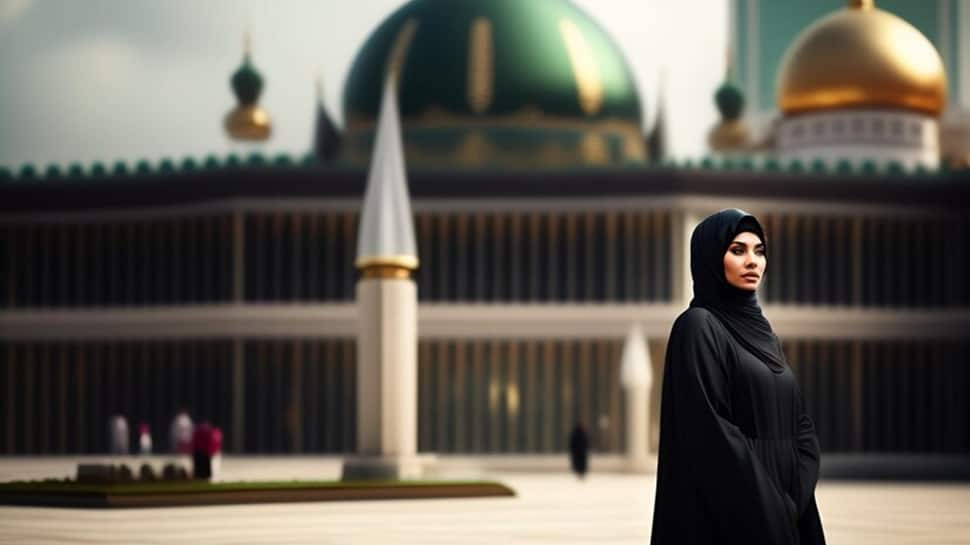
Azerbaijan is a Muslim-majority nation where secularism is embedded in the constitution. The government strongly promotes a secular identity and restricts religious activities in the public sphere. While the majority of Azerbaijan's population is Muslim, religion does not play a significant role in the state's governance. (Pic: Freepik)
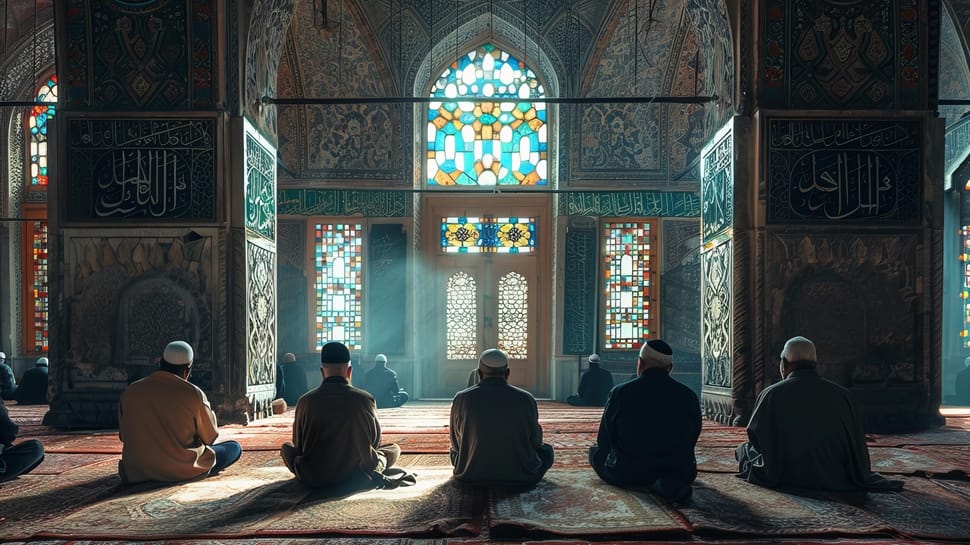
Tunisia is a notable example of a Muslim-majority nation with a secular governance model. Although Islam is the state religion according to the constitution, Tunisia has implemented significant secular reforms, particularly in terms of women's rights and civil liberties. The country's legal system is primarily secular, with Sharia law applied only in family law. Tunisia is often cited as one of the most progressive Arab countries in terms of civil rights and secularism. Since the 2011 Arab Spring, Tunisia has experienced political changes, but secularism remains a key feature of its governance. (Pic: Freepik)

Albania is a Muslim-majority country in Europe that is officially secular. During the communist era, Albania was declared the world's first atheist state, and religion was repressed. Since the fall of communism, Albania has maintained a secular government. Islam is practiced by the majority of the population, but religious institutions have no influence on governance. (Pic: Freepik)
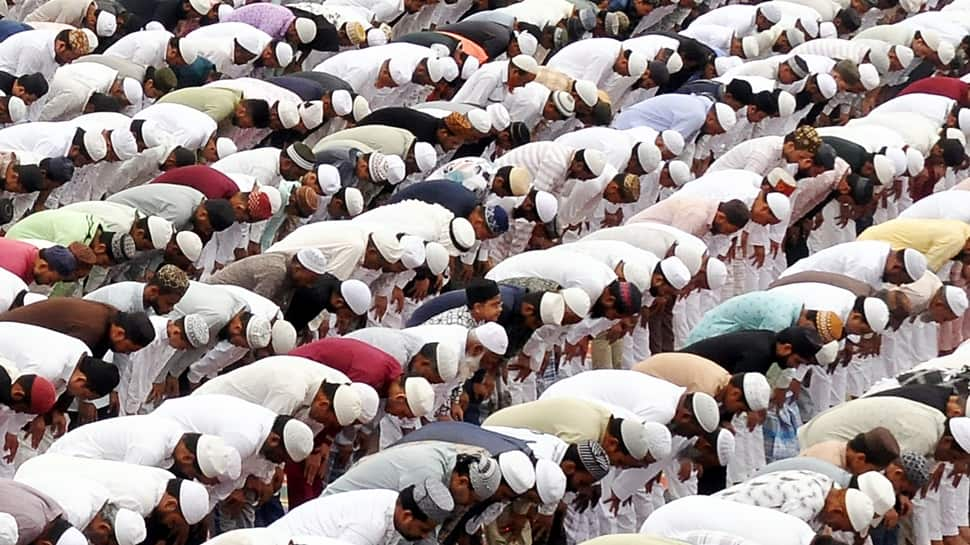
Senegal, with a Muslim majority, is a secular state as defined by its constitution. Islam is culturally influential, but the government operates on secular principles. Religious leaders play an important role in civil society, but religion does not dictate state law or governance. (Pic: ANI)
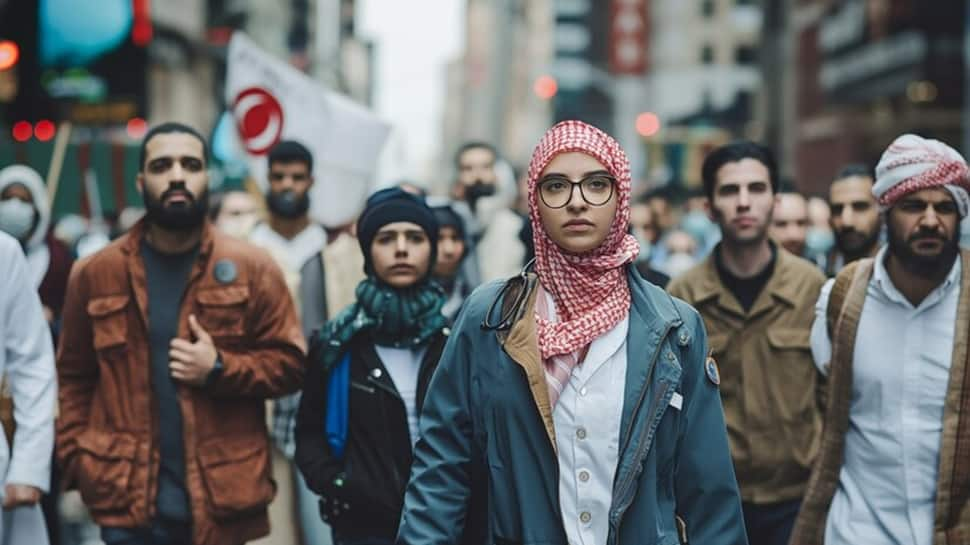
Mali is another West African country with a Muslim majority that follows a secular constitution. Islam is deeply rooted in Mali's culture, but governance is based on secular principles. Religious institutions and Islamic law do not play a formal role in the government. (Pic: Freepik)

Kosovo, a Muslim-majority state in Europe, has a secular governance model enshrined in its constitution. Although the majority of Kosovars identify as Muslim, the country follows a strictly secular political system with religion playing a minor role in public life. (Pic: Freepik)
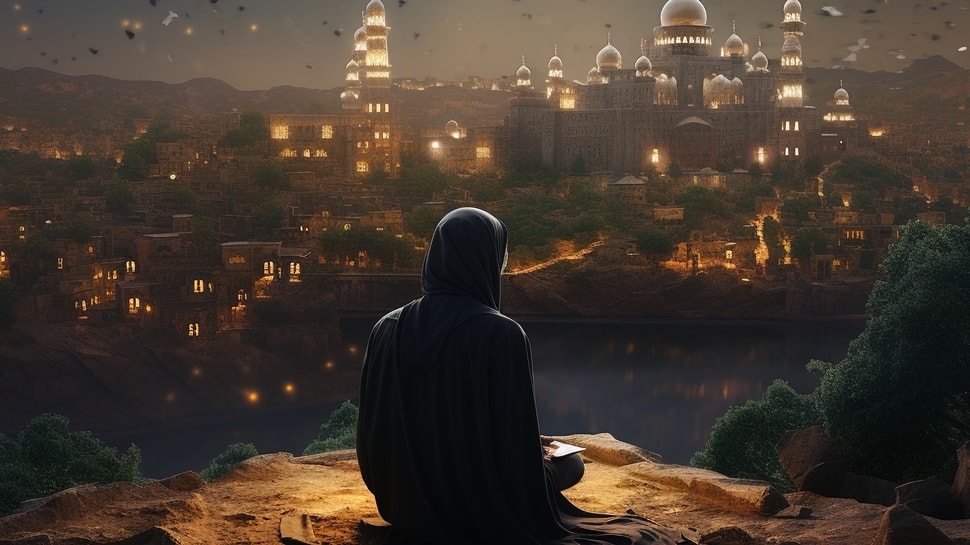
Chad is a Muslim-majority country in Central Africa that maintains a secular constitution. The government practices secularism in governance, although Islam and Christianity both influence its cultural life. (Pic: Freepik)
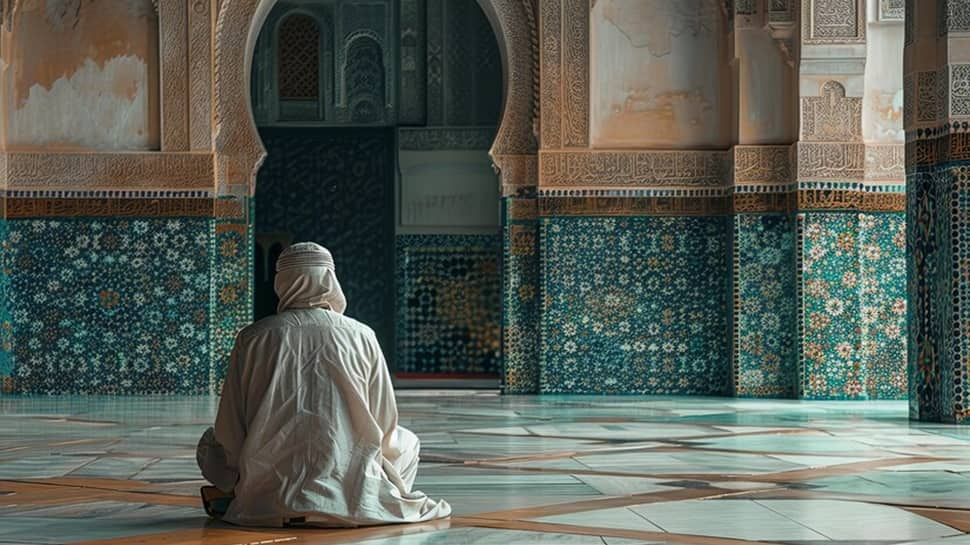
Indonesia, the world's largest Muslim-majority country, is a secular state based on the Pancasila ideology, which includes belief in one God but promotes religious tolerance. While Indonesia does not strictly follow Sharia law, some provinces, like Aceh, have implemented local Islamic laws. Nationally, the government and legal system remain secular. (Pic: Freepik)

